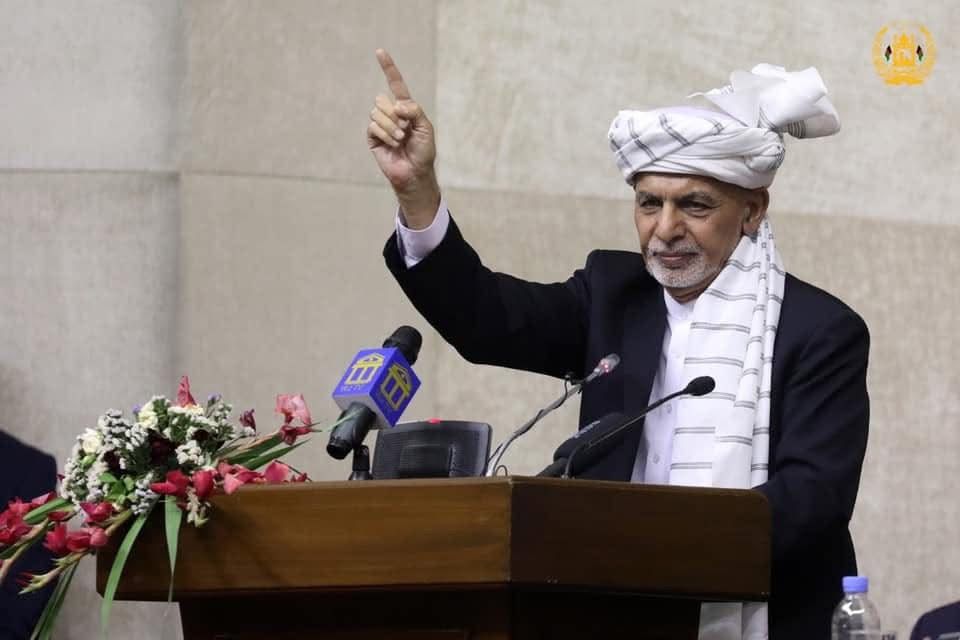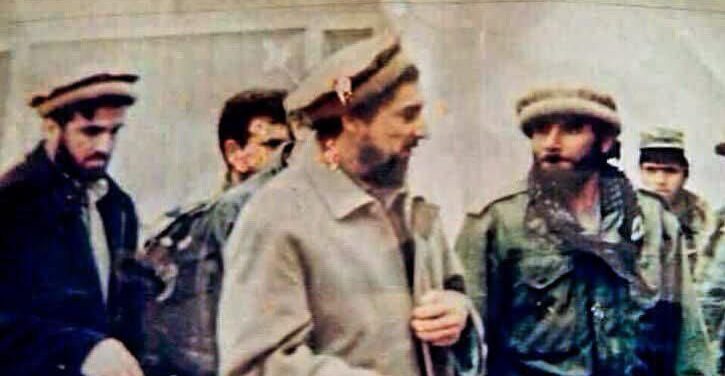
By Sadeq Hashemi Badakhsh | Political and Legal Analyst
Introduction
Four years after the fall of Kabul, one fundamental question still haunts both Afghans and the international community: Do the Taliban possess political legitimacy to govern Afghanistan? From a legal, constitutional, and national standpoint, the answer remains unequivocally: No.
The Taliban’s control over Afghanistan emerged not from a democratic process or constitutional transition, but from a power vacuum enabled by foreign negotiations. According to Afghanistan’s constitution, the last elected president, Dr. Mohammad Ashraf Ghani, retains legal and constitutional authority until power is lawfully transferred.
۱. Ashraf Ghani: The Last Constitutionally Elected President
Ashraf Ghani was elected president in the 2019 presidential elections, conducted under the framework of Afghanistan’s 2004 Constitution. According to Articles 60, 63, and 64 of that Constitution, the president holds full executive authority and is the only figure legally empowered to transfer or relinquish that power.
Ghani’s departure from Kabul on August 15, 2021, though politically controversial, did not constitute a legal resignation or transfer of power. No official handover, parliamentary decree, or transitional government replaced him. Legally speaking, this means the office of the presidency remains valid under his name until a formal and lawful succession takes place.
۲. The Doha Agreement: A Shameful Intersection, Not a Source of Legitimacy
The 2020 Doha Agreement between the United States and the Taliban was signed without the participation or consent of the Afghan government. It was a military disengagement deal—not a peace treaty nor a constitutional mechanism for transition.
This agreement paved the way for the Taliban’s return to power, but it did not grant them legitimacy. The Taliban have never participated in democratic elections. Their rule has been characterized by repression, violence, and the erosion of fundamental rights, especially for women, minorities, and civil society. The Doha Agreement facilitated withdrawal, not recognition.
۳. International Law: Recognition Depends on Legal and Legitimate Transition
In international law, political legitimacy depends on four core criteria: (1) constitutional foundation, (2) representative governance through elections, (3) territorial control with public support, and (4) respect for human rights.
The Taliban have consistently failed all four.
No major country has formally recognized the Taliban regime. Why? Because the rightful transfer of power from Ashraf Ghani has not occurred, and without this, the world cannot bypass the legal framework to legitimize a regime that seized power by force.
۴. National Legitimacy: The Taliban Do Not Represent the Afghan People
The Taliban’s authoritarian rule is neither inclusive nor representative. Their governance disproportionately reflects a narrow ethnic and ideological base. The suppression of Persian language media, cultural holidays like Nowruz, the persecution of Hazaras, and the total ban on women’s education and public presence, all reflect a regime divorced from the diverse national identity of Afghanistan.
A government that rules through coercion, without consent, and against the will of the people cannot claim national legitimacy, no matter how long it occupies the presidential palace.
Conclusion: Legitimacy Cannot Be Seized, It Must Be Earned
According to Afghanistan’s constitution, Ashraf Ghani remains the legal president until a legitimate political process transfers authority. No foreign agreement, armed group, or diplomatic shortcut can override this principle.
If the international community is serious about a peaceful and stable Afghanistan, it must reaffirm the principle that legitimacy comes from the people—not from the barrel of a gun, nor from backroom diplomacy.
Until the Taliban submit to a political settlement, respect the rights of all citizens, and allow for free and fair elections, they remain a de facto power—not a legitimate government.
Sadeq Hashemi Badakhsh
Legal and Political Analyst – Special for ARG News



